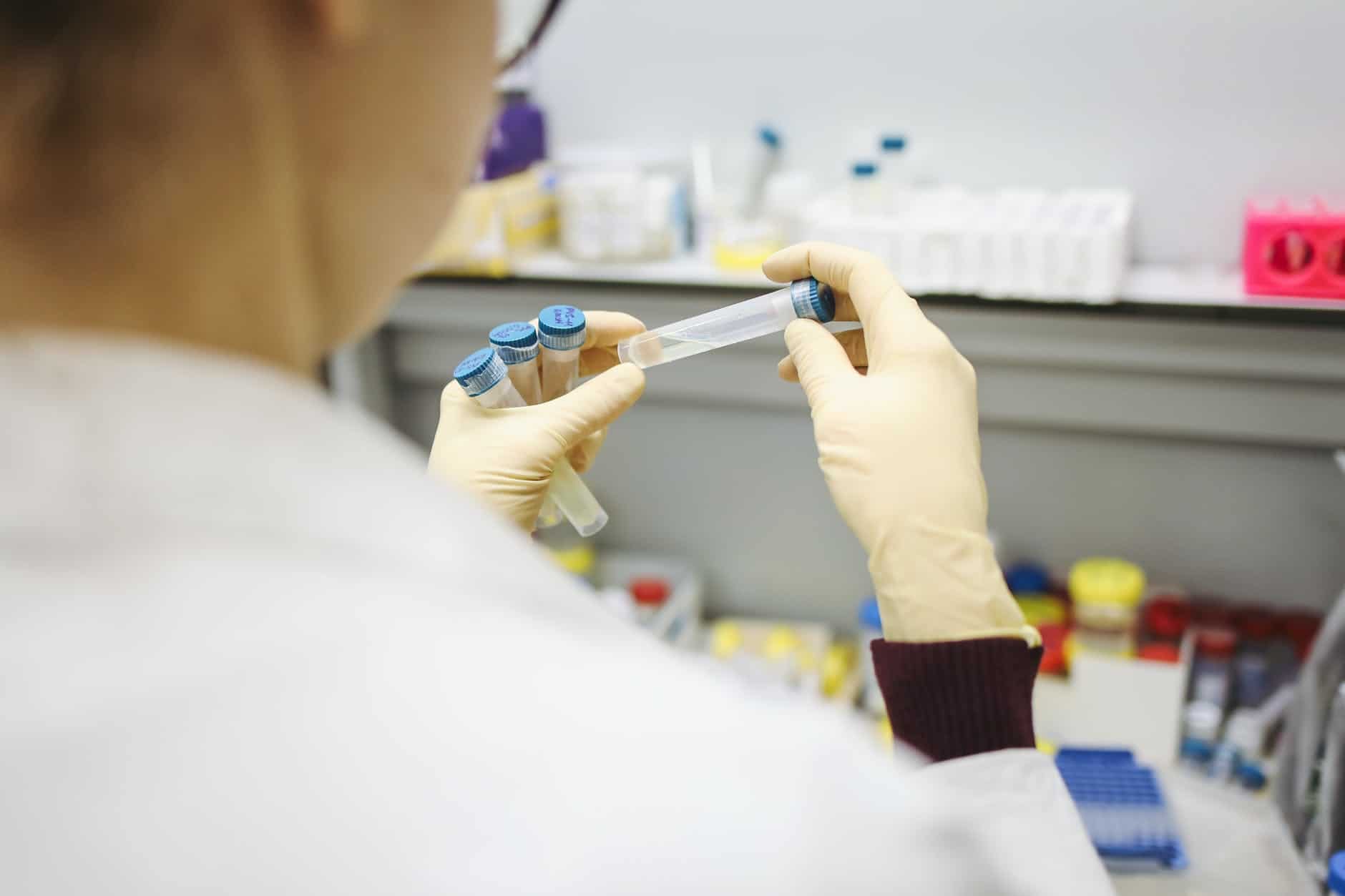Cord Blood Banking!
This concept is not that old. And that is why a lot of people do not have proper knowledge and ideas about it. All they know is that it involves storing umbilical cord stem cells to protect their babies from life-threatening diseases in the future.
Cord blood banking does not come free. If you want to store the cord blood exclusively for your child, you need to opt for private cord blood banks, which are run by profit. Therefore it is obvious that you need to pay some amount for that which may be a problem if you are on a serious budget.
The other option you have is donating it to the public cord blood banks, which come completely free. But here, you will not get any guarantee that it will be stored only for your child. In case any child requires it prior to your child, they will get that.
Now the question comes, is the amount you need to pay to the private cord blood bank worth? Here, we will find that.
What Is Cord Blood Banking?
Cord blood banking is a particular process of collecting stem cells, which are potentially life-saving and present in the umbilical cord and placenta and then storing that for future use. Stem cells are immature cells which are capable of assuming the form of other cells.
When you have a child, you need to think about a lot of things. Among them is blood from the umbilical cord of your baby. The umbilical cord connects the baby to the mother when the baby is in the womb.
When a baby is born, the umbilical cord used to be thrown away. But in recent times, a number of parents are storing their blood for the future health of their children or donating it to help other people. However, the cost is a major factor in this process.
Apart from the collection and processing fee, you also need to pay an annual fee for storing the blood of the stem cells.
Now the question is should you do that?
In order to find out the answer to this, you need to know its benefits and what it can be used for. The fluid of the umbilical cord is loaded with stem cells. These are capable of treating cancers, some immune system disorders, and also blood diseases like anemia.
All these diseases disrupt the body’s ability to defend itself. This fluid can easily be collected and also contain 10 times more stem cells than the stem cells that are collected from bone marrow.
The stem cells that are collected from cord blood usually do not carry any type of infectious disease. And when it comes to rejection, the rate is also half for the adult stem cells.
The Benefits Of Cord Blood Banking
You have got a basic idea about cord blood banking. Now let’s have a detailed idea about the benefits of cord blood.
- As we have mentioned, collecting cord blood is easier than collecting stem cells from the bone marrow. The collection of bone marrow always comes with some risks and is also really painful for the donor.
- Stem cells that are collected from bone marrow can be provided to more people than the stem cells that are collected from bone marrow.
- In comparison to bone marrow transplant, cord blood transplant offers more matches. Also, in comparison to bone marrow, cord blood is less likely to cause rejection.
- You can freeze and store cord blood. It is always ready for anyone who requires it. However, in the case of bone marrow, it has to be used really soon after collecting.
- During cancer treatment, stem cells of the cord blood can also be used for strengthening the immune system. This type of capability is not present in the bone marrow.
Is Cord Blood Banking Worth the Price?
When you are storing cord blood to protect your baby for future use, you should know how much it costs.
The collecting making is storable for future use and costs around $600 to $3,000. Apart from it, you also need to pay an additional amount on a yearly basis for routine cord blood. It can protect your child from more than 70 life-threatening diseases.
We have already mentioned the different types of diseases it can save your child from. It also can help the siblings of your child and other matches. The total cost of storing cord blood, stem cells, and placenta are around $6,000 for 20 years.
If you have the financial capacity to afford this huge amount, you should opt for cord blood banking.







